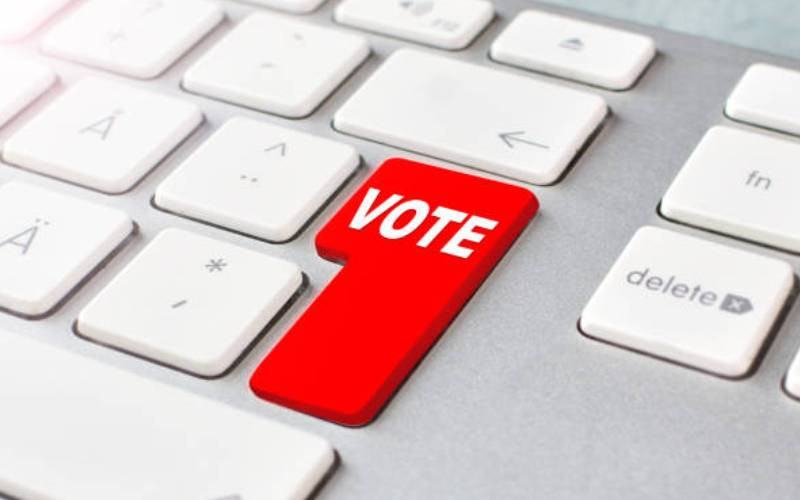×
The Standard e-Paper
Home To Bold Columnists

Today, I caution the media against the highly invasive predatory pollsters - I use the term ‘predatory pollsters’ to refer to pollsters who charge politicians to poll in their favour or are paid to release misleading survey results.
Predatory pollsters are characterised by political inclinations and flagrant bias - those institutions whose ‘experts’ sit down and manufacture false results and present them to citizens through media. We must launch a conversation about predatory pollsters.